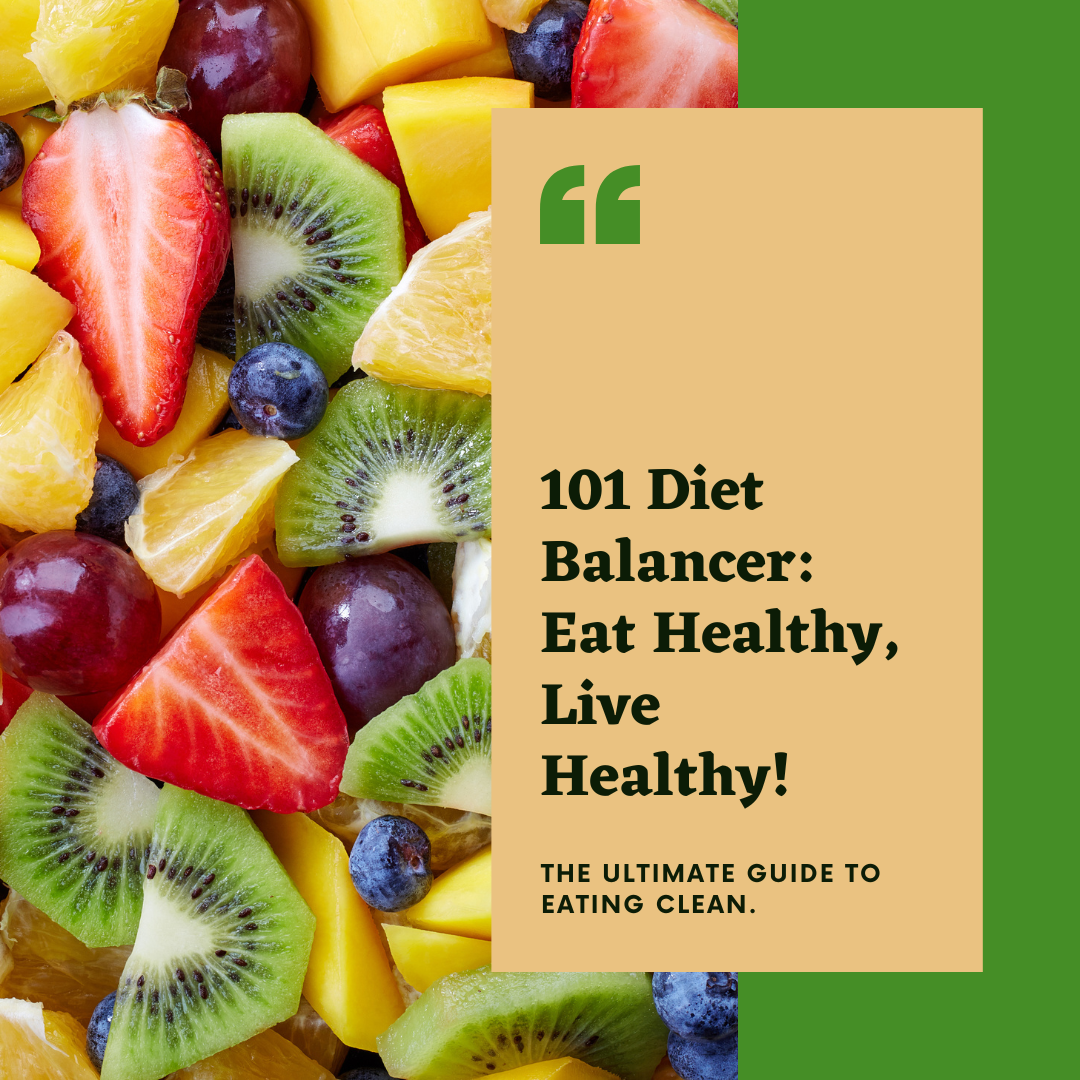
In a world filled with dietary trends and fads, the concept of ‘diet’ has transformed from a simple term denoting daily nutrition into a complex web of rules, restrictions, and restraints. However, at its core, a healthy diet is not about deprivation or the latest craze—it’s about balance. In this comprehensive guide, we will debunk myths, elucidate the science, and offer practical advice on how to balance your diet and nourish your body.
Understanding Balanced Diets
What Constitutes a Balanced Diet?
A balanced diet is a meal plan that contains the essential macronutrients—carbohydrates, proteins, and fats—in a proportion appropriate for maintaining an individual’s health. Furthermore, it includes all the essential micronutrients—vitamins and minerals—that the body needs to function optimally.
The Science Behind Balance
The human body is a complex network of systems that require a variety of nutrients to support physical and mental well-being. An imbalance, whether it’s too much or too little of a specific nutrient, can result in a cascade of health issues.
Why Balance Is Essential
A diet that lacks balance can lead to issues like weakened immune function, fatigue, and even long-term chronic diseases. Thus, balance serves as the pillar of health and vitality.
Creating Your Personal Balanced Diet Plan
Assessing Your Nutritional Needs
Everyone’s body is different, and dietary needs vary based on factors like age, gender, activity level, and health status. By understanding these individual needs, you can tailor a diet plan that works best for you.
Meal Planning with Variety and Moderation
Variety ensures that you receive a wide array of nutrients, while moderation guarantees a flexible yet disciplined approach to eating. Meal planning is key to achieving this, as it allows for the incorporation of different food groups in the correct servings.
Integrating Food Groups
A balanced diet incorporates fruits, vegetables, whole grains, lean proteins, and healthy fats. Each food group offers unique benefits, and their integration ensures you cover all nutritional bases.
The Multifaceted Benefits of Balanced Diets
Improved Energy Levels
A balanced diet provides the necessary calories from various sources to fuel your day. By avoiding the crashes associated with sugary or processed foods, you maintain stable energy levels throughout the day.
Weight Management
A properly balanced diet, coupled with regular physical activity, can assist in maintaining a healthy weight. The focus on portion control and nutrient-dense foods supports a healthy metabolism.
Enhanced Immunity
Certain nutrients, particularly vitamins A, C, and D, play a critical role in supporting a robust immune system. A balanced diet ensures you receive adequate amounts of these nutrients, empowering your body to fight off illnesses.
Better Mood and Mental Clarity
The foods you eat are directly linked to your cognitive function and mood. Filling your plate with brain-boosting omega-3s, complex carbohydrates, and antioxidant-rich fruits can lead to increased mental clarity and an overall uplift in mood.
Tips for Maintaining Your Balanced Diet
Portion Control and Mindful Eating
Understanding portion sizes and listening to your body’s hunger and fullness cues is pivotal. Mindful eating, free from distractions, allows you to savor and appreciate your food, which can lead to better portion control.
Deciphering Food Labels
Reading food labels helps you make informed decisions about the nutritional content of your food. Look for hidden sugars, unhealthy fats, and high sodium levels, and opt for products that offer more beneficial nutrients.
Healthy Snacking Options
Incorporating healthy snacks can prevent overeating at mealtimes and keep your metabolism humming. Choose snacks that are rich in nutrients, such as a handful of nuts, a piece of fruit, or a serving of yogurt, rather than empty-calorie options.
The Role of Hydration
Proper hydration is often overlooked but is an integral part of a balanced diet. Water assists with digestion, regulates body temperature, and helps transport nutrients throughout the body.
In Conclusion: The Lasting Impacts of Balance
A 101 Diet Balancer is more than just a set of food tips—it is a reorientation to a holistic way of living that values health and longevity. By incorporating the fundamentals of balanced eating into your lifestyle, you’ll discover that it is both sustainable and satisfying.
Balancing your diet will empower you with improved energy, manage your weight effectively, arm you with a strong immune response, and even uplift your spirit and clear your mind. But perhaps most importantly, it will set you on a path towards a healthier, happier you.
For those just starting on their nutritional journey, remember that change takes time and small steps lead to significant outcomes. Begin by making incremental adjustments to your meals, and before you know it, these healthy, balanced choices will become second nature.
Now is the perfect moment to take charge of your wellbeing through your plate. Scaffold your health with the strength of balanced nutrition—your body will thank you for it every single day.
